Lasers have revolutionized the world since the 60s and are now indispensable in modern applications, from cutting-edge surgery and precise manufacturing to data transmission across optical fibers.
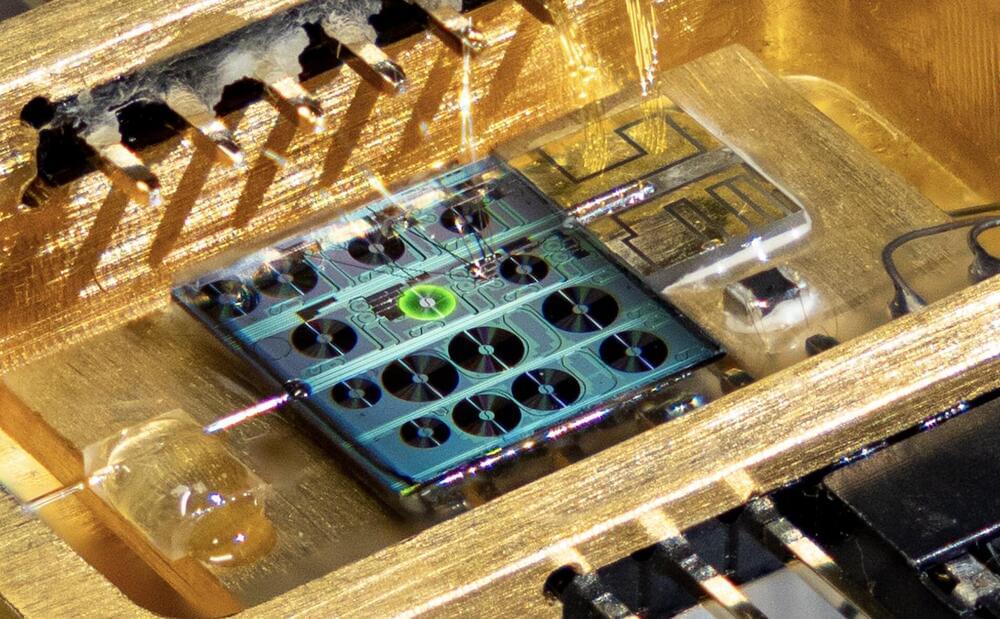

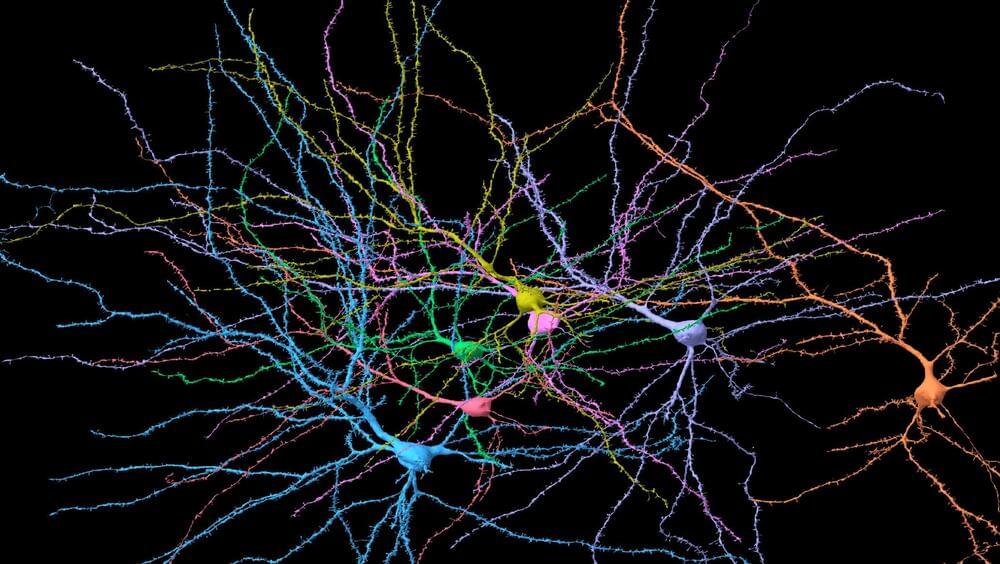
While researchers have long studied brain dynamics using functional magnetic resonance imaging (fMRI) and electroencephalograms (EEG), advances in neuroscience have only recently provided massive datasets for the brain’s cellular structure. These data opened possibilities for Kovács and his team to apply statistical physics techniques to measure the physical structure of neurons.
For the new study, Kovács and Ansell analyzed publicly available data of 3D brain reconstructions from humans, fruit flies and mice. By examining the brain at nanoscale resolution, the researchers found the samples showcased hallmarks of physical properties associated with criticality.
One such property is the well-known, fractal-like structure of neurons. This nontrivial fractal-dimension is an example of a set of observables, called “critical exponents,” that emerge when a system is close to a phase transition.
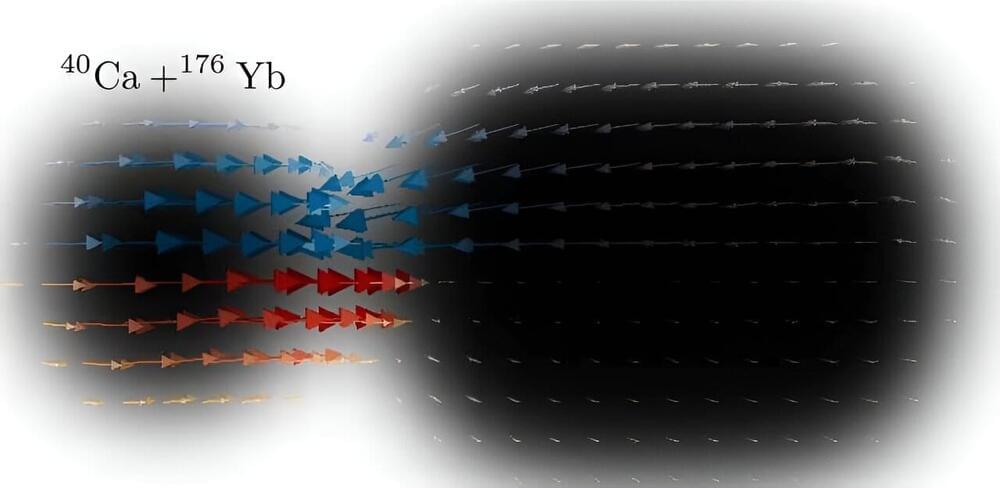
A recent study has explored the influence on low-energy fusion processes of isospin composition. This is a key nuclear property that differentiates protons from neutrons. The researchers used computational techniques and theoretical modeling to investigate the fusion of different nuclei with varying isospin configurations. The results show that the isospin composition of the nuclei in a fusion reaction plays a crucial role in understanding the reaction. The paper is published in the journal Physical Review C.
In this study, researchers at Fisk University and Vanderbilt University used high-performance computational and theoretical modeling techniques to conduct a detailed many-body method study of how the dynamics of isospin influence nuclear fusion at low energies across a series of isotopes. The study also examined how the shape of the nuclei involved affect these dynamics. In systems where the nuclei are not symmetrical, the dynamics of isospin become particularly important, often leading to a lowered fusion barrier, especially in systems rich in neutrons. This phenomenon can be explored using facilities that specialize in the generation of beams composed of exotic, unstable nuclei.
The findings provide critical knowledge regarding the fundamental nuclear processes governing these reactions, which have broad implications for fields such as nuclear physics, astrophysics, and, perhaps someday, fusion-based energy.
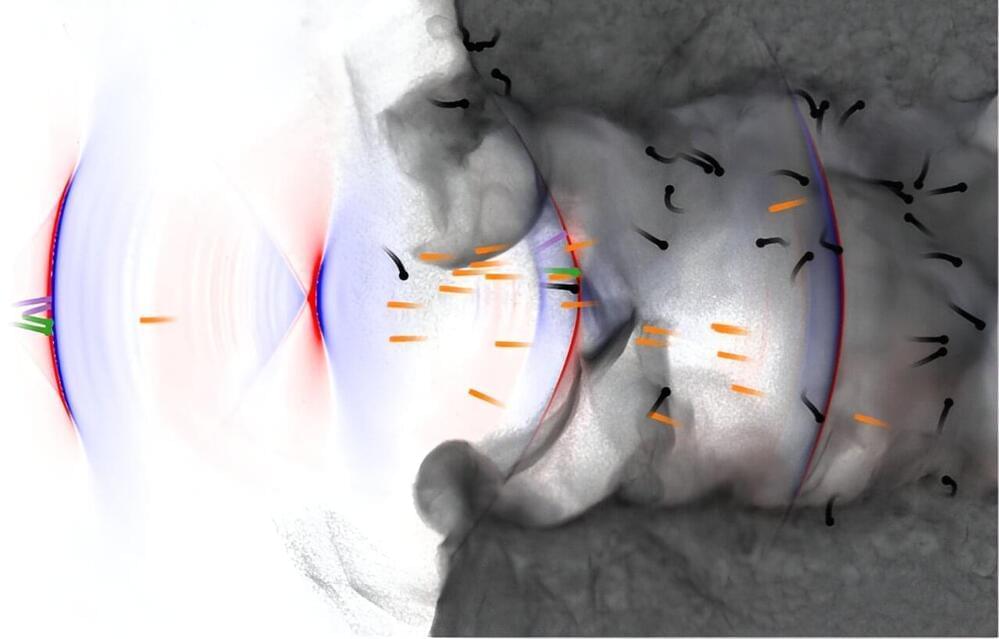
The experimental generation of increasingly intense light beams could help to unveil new physical regimes occurring in the presence of very strong electromagnetic fields. While some progress has been made towards this goal, physicists are yet to develop a reliable strategy to achieve extreme light intensities.
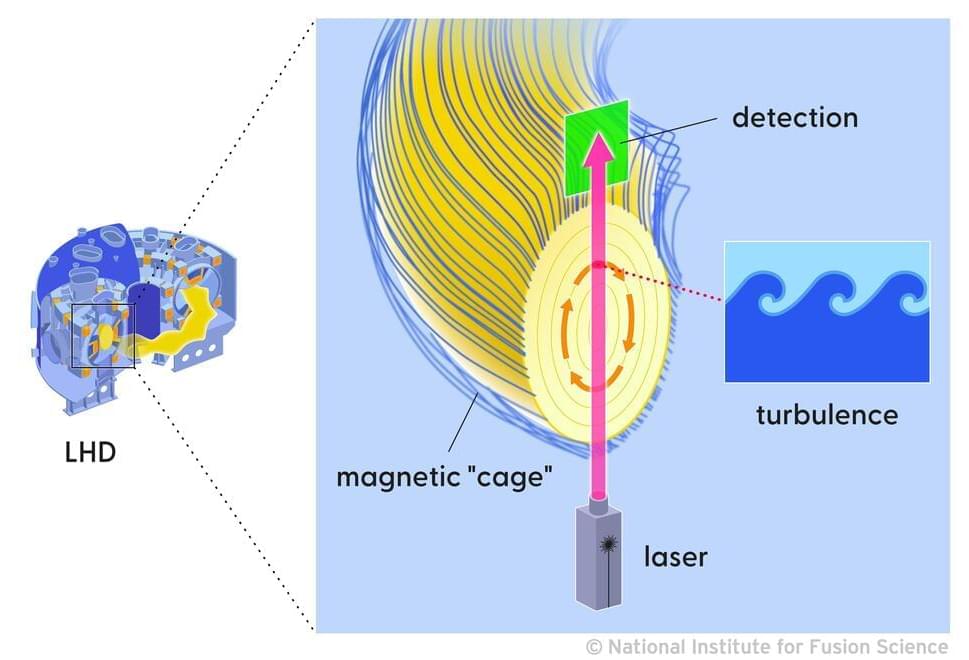
It may seem like the sun is stationary while the planets in its orbit are moving, but the sun is actually orbiting around the Milky Way galaxy at an impressive rate of about 220 kilometers per second—almost half a million miles per hour. As fast as that may seem, when a faint red star was discovered crossing the sky at a noticeably quick pace, scientists took notice.
This interview with Yip Thy Diep Ta, CEO of J3d.ai, delves into AI-driven collective intelligence for decision-making, ethical considerations in AI development (fairness, bias mitigation, diversity), the implications of human-machine integration technologies (e.g., Neuralink), and the evolving role of humans in an AI-driven workforce.
Systain3r Summit: https://www.systain3r.com/
#AI #AGI #Futureofwork.
SingularityNET was founded by Dr. Ben Goertzel with the mission of creating a decentralized, democratic, inclusive, and beneficial Artificial General Intelligence (AGI). An AGI is not dependent on any central entity, is open to anyone, and is not restricted to the narrow goals of a single corporation or even a single country.
The SingularityNET team includes seasoned engineers, scientists, researchers, entrepreneurs, and marketers. Our core platform and AI teams are further complemented by specialized teams devoted to application areas such as finance, robotics, biomedical AI, media, arts, and entertainment.
Website: https://singularitynet.io.
Listen to audio versions of your favorite interviews with the Closer To Truth podcast: https://shorturl.at/hwGP3
Only about consciousness can we be 100 percent sure. That consciousness exists almost everyone agrees. What consciousness means—that’s where arguments and disputations arise. Must consciousness have ‘meaning’? Or can consciousness be a random accident, selected by evolution, the ‘foam on the waves’ of brain activity. But consciousness seems so radically vital.
Get exclusive subscriber-only benefits with a free Closer To Truth membership: https://bit.ly/3He94Ns.
Ned Block is an American philosopher working in the field of the philosophy of mind who has made important contributions to matters of consciousness and cognitive science.
Watch more videos on the mystery of consciousness: https://shorturl.at/nPmWu.
Closer To Truth, hosted by Robert Lawrence Kuhn and directed by Peter Getzels, presents the world’s greatest thinkers exploring humanity’s deepest questions. Discover fundamental issues of existence. Engage new and diverse ways of thinking. Appreciate intense debates. Share your own opinions. Seek your own answers.
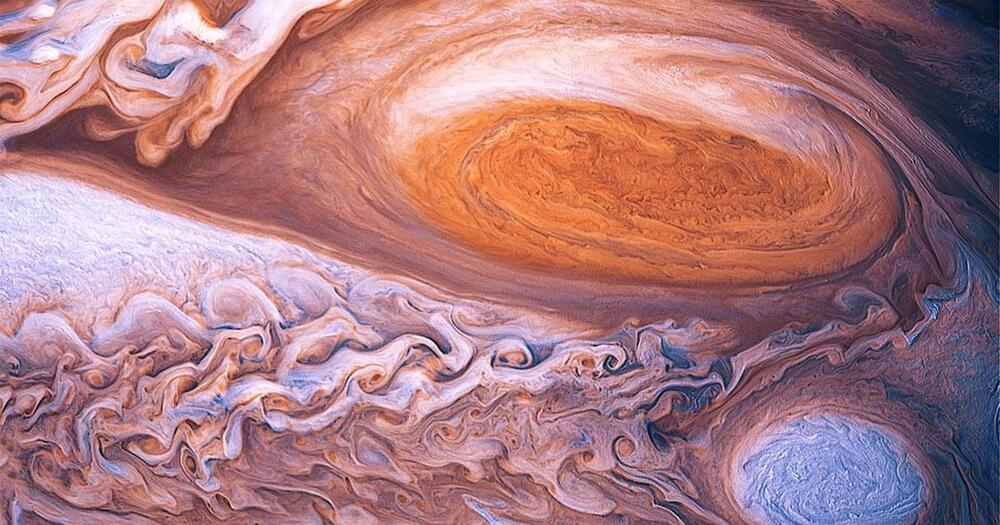
Emergent phenomena: large-scale patterns and organization arise from innumerable interactions between component parts.
The behavior of a complex system might be considered emergent if it can’t be predicted from the properties of the parts alone.
The puzzle of emergence asks how regularities emerge on macro scales out of uncountable constituent parts. A new framework has researchers hopeful that a solution is near.
An exploration of various ways of looking at time and how General Relativity and Quantum Mechanics views it differently and the ultimately question, what exactly is time?
My Patreon Page:
/ johnmichaelgodier.
My Event Horizon Channel:
/ eventhorizonshow.
Music: